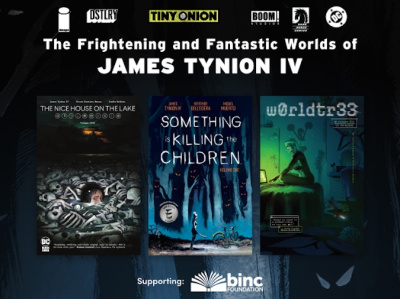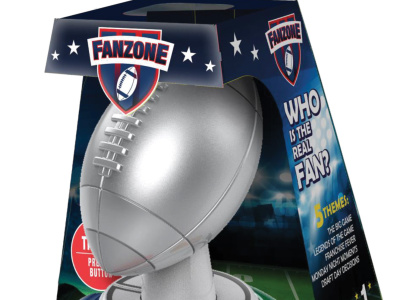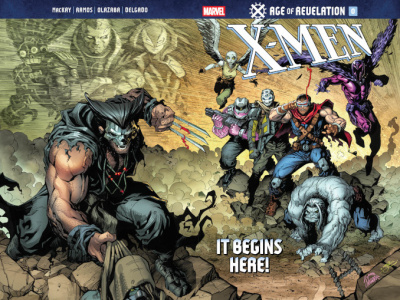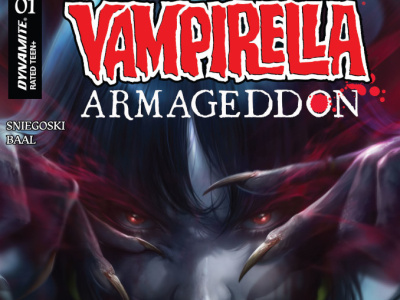We spoke to Fantagraphics co-publisher Gary Groth today to get an update on the company's appeal for orders to help extricate it from financial difficulties (see 'Fantagraphics Issues Appeal'), and he told us that the initial good response (see 'Fantagraphics Appeal Paying Off') had continued through last week, helping the company to reach its initial goal of $80,000 in orders above its normal order flow. But the company is still in a cash flow hole and needs additional support to extricate itself, leading it to expand its appeal to retailers this week. A retailer mailing is planned, explaining the situation and asking retailers to stock up on Fantagraphics titles to do their bit for the cause. We asked Groth why the initial appeal had not included retailers, and surprisingly he said, 'Asking retailers for help didn't occur to us,' expecting that the support they needed would come from fans. But based on the reaction of retailers that placed orders after the appeal to fans, Groth now realizes that there's a lot of support in the retailer community which can be tapped in this new appeal.
There are several reasons for the cash flow hole in which Fantagraphics finds itself in its 27th year in business. When its book distributor, Seven Hills, went out of business it took around $70,000 worth of cash for bookstore sales with it. That left little room for error, but adjusting to the sales demands of its new book distributor, W.W. Norton, caused additional problems that pushed Fantagraphics over the edge. Specifically, Norton did so well initially with several titles, including Ghost World, Palestine, and Krazy and Ignatz, that Fantagraphics began upping its print runs on new titles to avoid stock-outs. This was especially true on titles printed in Asia, which could take seven weeks to restock if the title sold out. But not all titles were equally well received by the book trade, leading to excessive inventory that tied up cash. Payroll also grew to levels unsustainable by sales. The confluence of events put the company in a severe enough crunch that the appeal for support became the least undesirable of several unattractive alternatives. In conjunction with adjusting its ordering and downsizing its payroll, the surge in orders will make it possible for the company to continue to publish some of the finest comic work in print today. And while the $80,000 surge in orders has taken the company further from the fire, it's still behind in royalty payments to its creators, which it would like to raise more funds to pay.
Groth called the response from fans over the last ten days '...heartening and amazing,' and said he was '...deeply grateful for the people responding.' Orders peaked around the middle of last week and have tapered off since. Groth promised to call anyone that ordered over $500 worth of books; he said he'd talked to about ten people to date and had another four or five to call (and not all orders that have come in have been processed). He said he enjoyed those calls 'You tend to abstract the people that buy and read your books,' he said. 'It was pleasurable to talk to them directly.' Although the initial appeal was not made to retailers, some have responded with orders anyway, and Groth said he had spoken to several of them as well.
We asked Groth which Fantagraphics titles were doing especially well and should be considered by retailers looking for titles to reorder, and he recommended five:
Rebel Visions, Fantagraphics' history of underground comics.
Cat on a Hot Thin Groove, a collection of 78 rpm cartoons by Gene Deitch from Record Changer magazine. Groth said that this title may have been the best seller in Fantagraphics' recent flurry of mail orders.
The Pirates and the Mouse, the story of the Air Pirates' battle with Disney.
Jim Woodring's Frank collections.







